
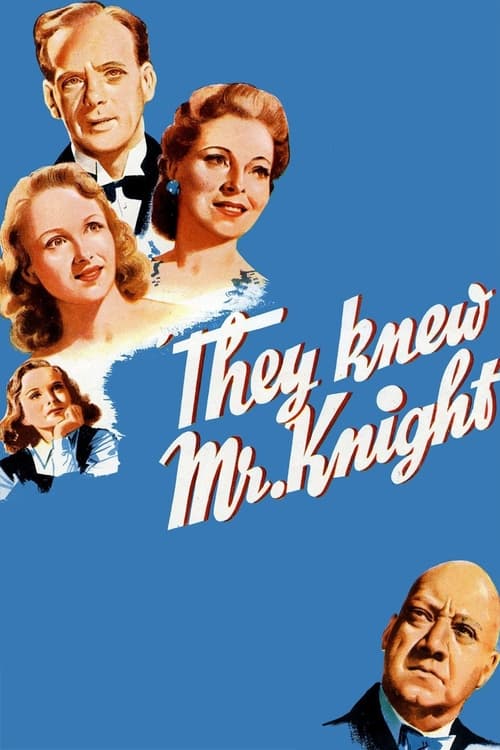
5.7
Summary
After a chance train encounter with Laurence Knight, Tom Blake's family's fortunes prosper on the beneficence of the great financier. A developing friendship leads to the Knights selling their home to the Blakes when they move back to London. All looks rosy for the Blakes as share prices in Mr Knight's new business venture soar, but is their confidence misplaced?
Cast
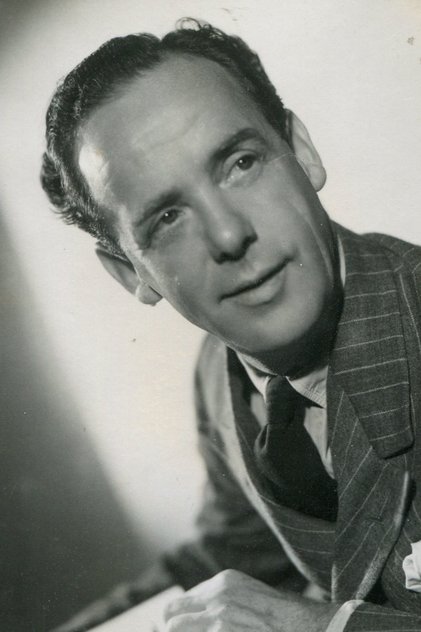
Mervyn Johns
Tom Blake
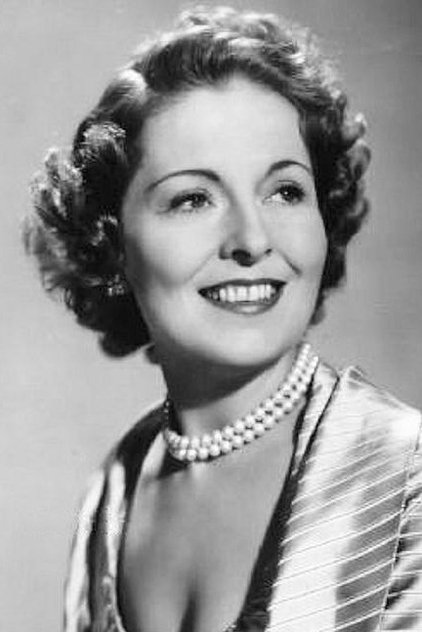
Nora Swinburne
Celia Blake
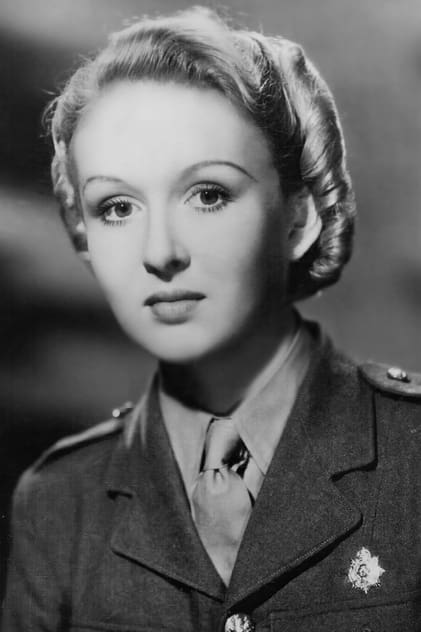
Joyce Howard
Freda Blake
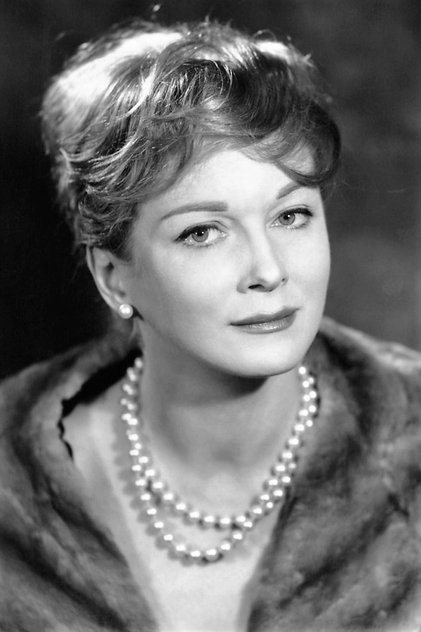
Joan Greenwood
Ruth Blake
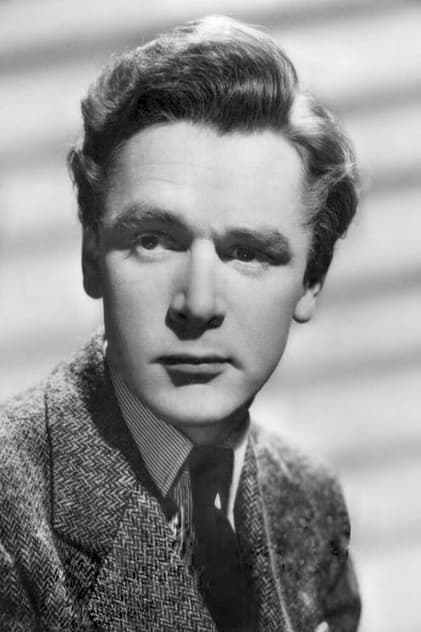
Peter Hammond
Douglas Blake
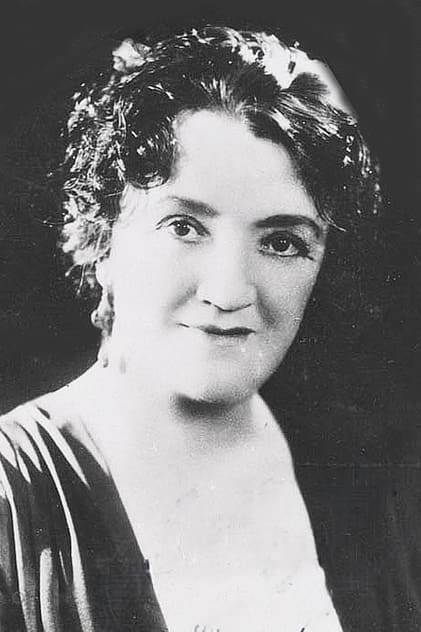
Marie Ault
Grandma Blake
Frederick Cooper
Edward Blake
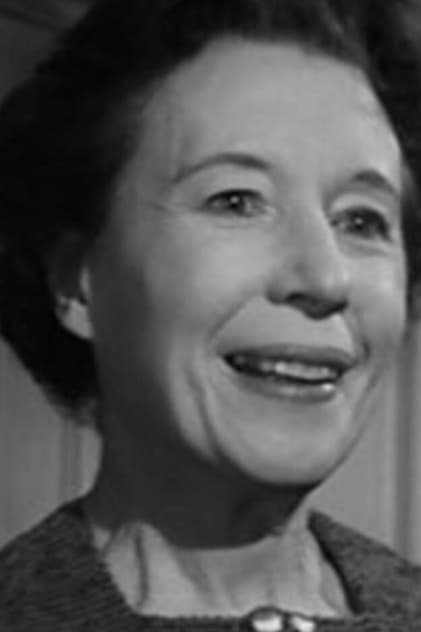
Grace Arnold
Isabel Blake
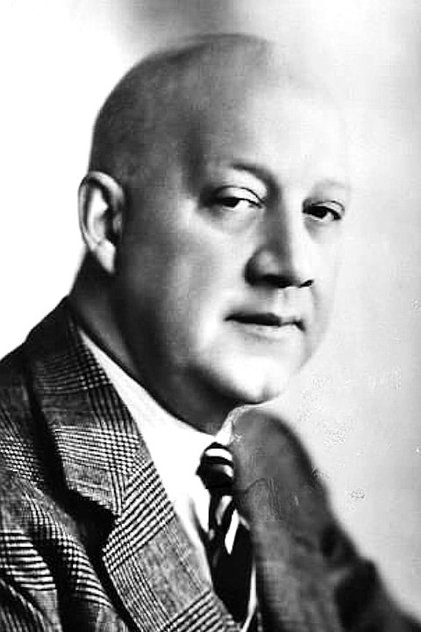
Alfred Drayton
Mr. Lawrence Knight
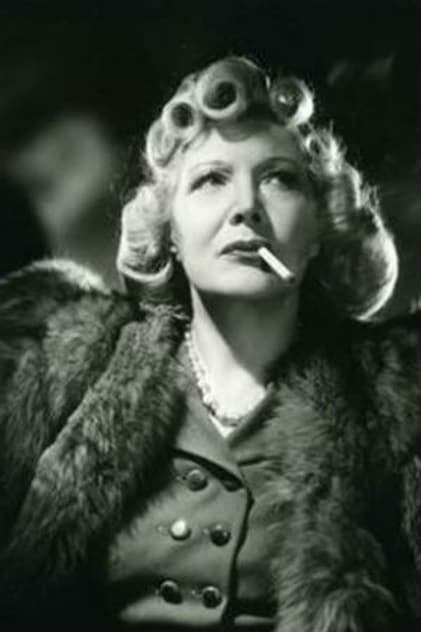
Olive Sloane
Mrs. Maudie Knight
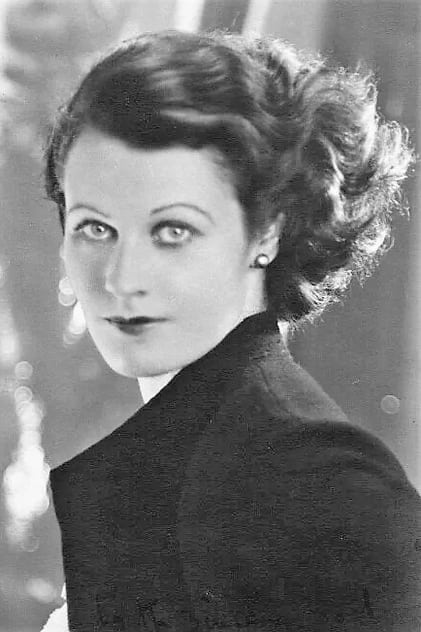
Joan Maude
Carrie Porritt

Kenneth Kove
Coggie Selby
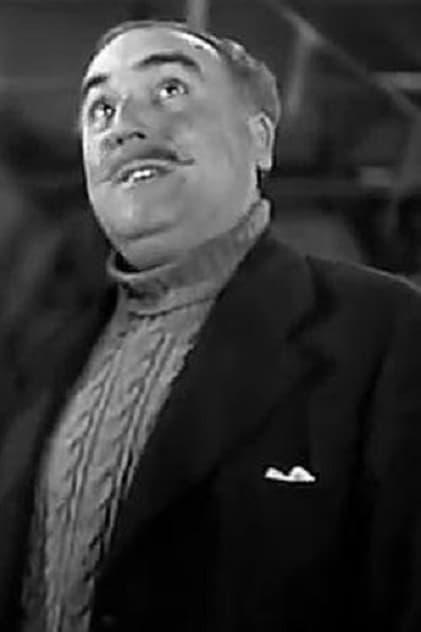
Frederick Burtwell
Mr. Berry
Winifred Oughton
Mrs. Greene
Tarva Penna
Mr. Greene

Patric Curwen
Mr. Porter
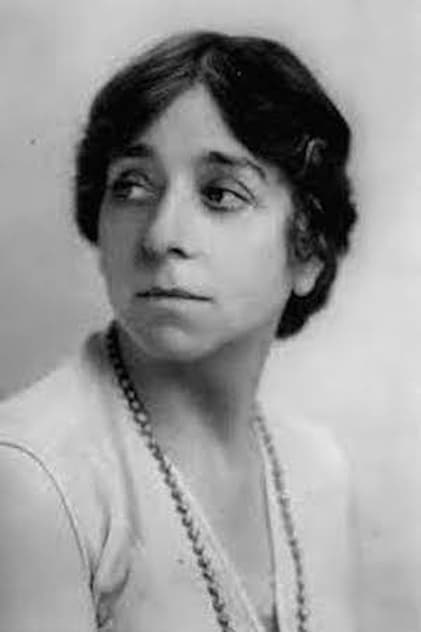
Muriel Aked
Lady Gilling
Anthony Holles
Station Master
Gordon Begg
Sims
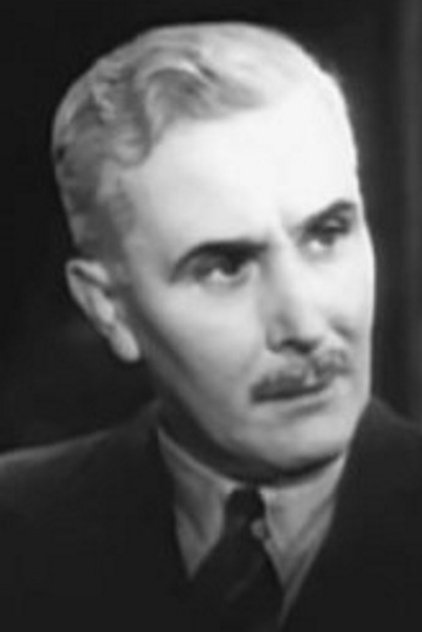
Ian Fleming
Higgs
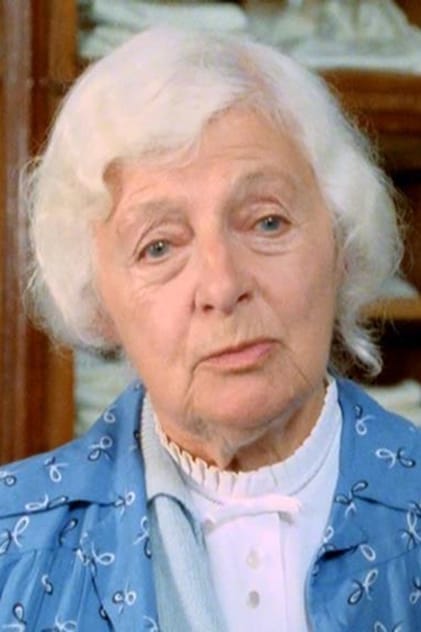
Sheila Raynor
Agnes
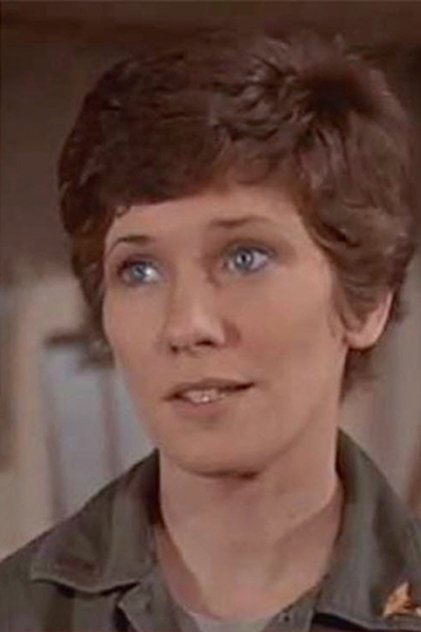
Pat Stevens
Miss Berry
Doyley John
Bobby Hewett
Crew
Director, Screenplay
Norman Walker
Novel
Dorothy Whipple
Screenplay
Victor MacLure
Reviews
Geronimo1967
February 13, 2023
6
"Mr. Knight" (Alfred Drayton) is the archetypal man made good. He walks to his first class railway carriage every morning fêted by the staff and the management. One morning he is prevented from treading on a banana skin on the steps by the struggling mill owner "Blake" (Mervyn Johns) and soon the two are inseparable. "Blake" is ambitious for success - for himself and his large family, and hopes his association with this successful man will bring him good fortune. Initially it does, and they move to big house and acquire the trappings of luxury - but as with anything that looks too good to be true, it usually is. Things take a turn for the worst and the friendship turns sour leaving "Blake" with quite an headache. This is a simple enough story of greed. Not necessarily of the venal sort. In the beginning "Blake" wants his money for his family - a laudable motive, no doubt. Like "Scrooge", though, his character finds the pursuit of wealth addictive. He gradually becomes subsumed by the need to make more, and more. Enough is never enough. When the bottom falls out of his dream, he is bereft - but not just of the cash, but of his integrity and his soul. His children are also quite an effective barometer of the toxicity of wealth too - not least the spoiled and selfish "Freda" (a strong performance from Joyce Howard) and his other daughter "Ruth" (Joan Greenwood). Like many British films made immediately post-WWII, it has a message to it and this well assembled cast delivers it clearly. For a Britain in 1946 - there are few quick wins.
Media
Status:
Released
Original Language:
English
Budget:
$0.00
Revenue:
$0.00
Keywords
Recommendations

Rocky II

Unified MMA 50

The Chronicles of Narnia: The Voyage of the Dawn Treader

Harsh Times

Lion, London Zoological Gardens

X-Men: Days of Future Past

Don't Believe the Hype

Scandal
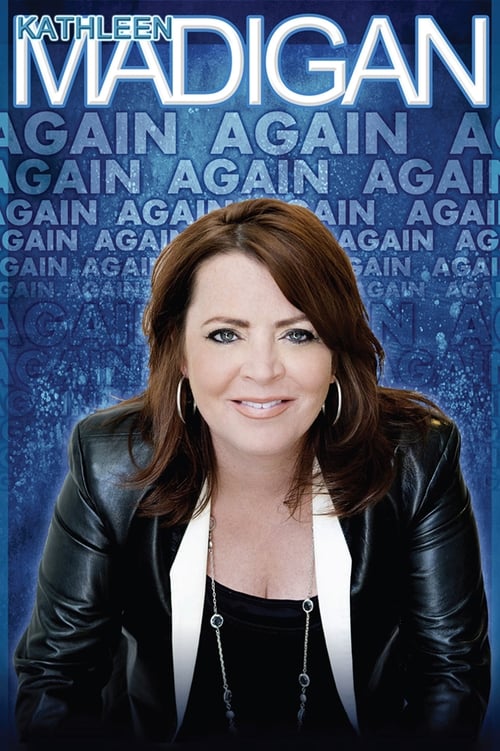
Kathleen Madigan: Madigan Again
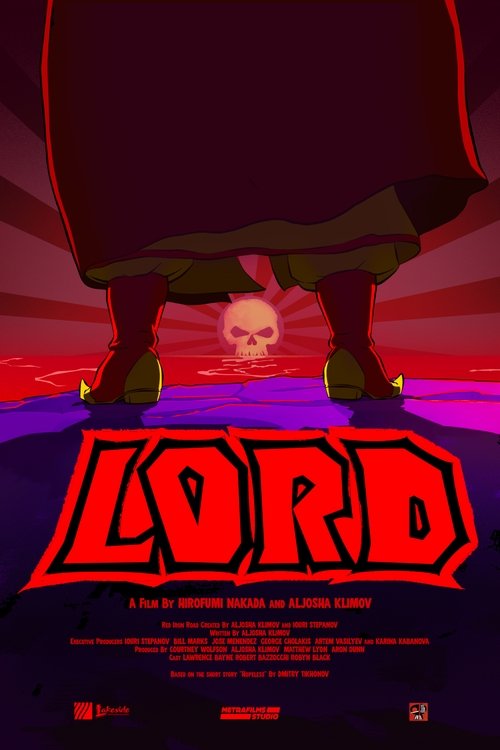
Lord

Resident Evil: Afterlife
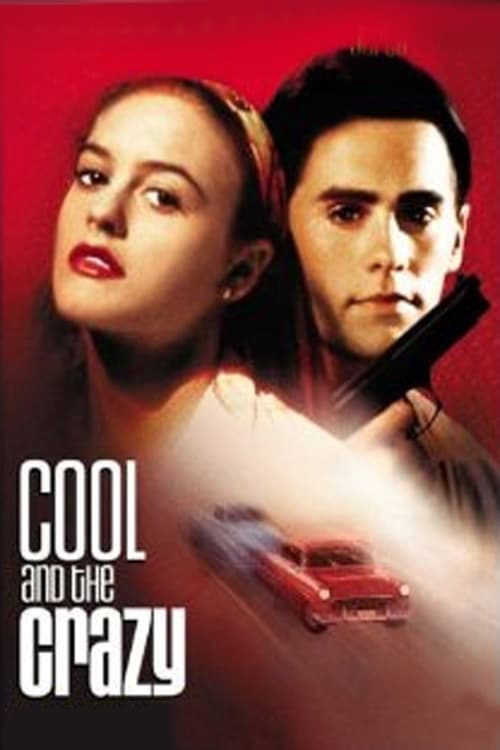
Cool and the Crazy
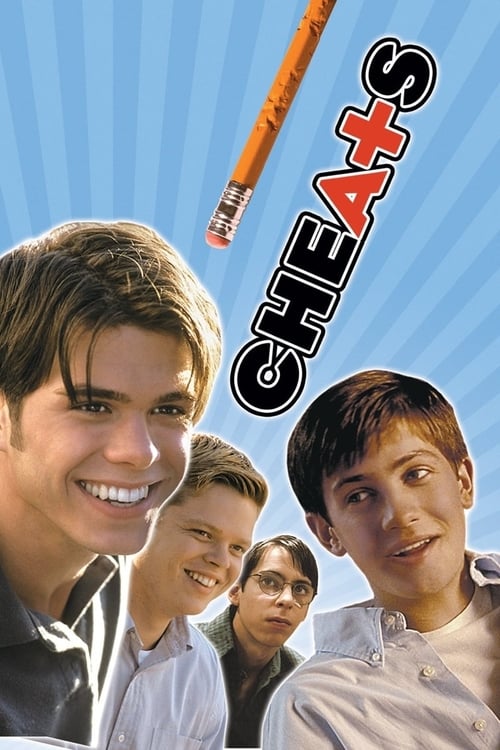
Cheats

Enthralled

The Expendables 2

If I Were You 2

The BFG

T.R.Y.
